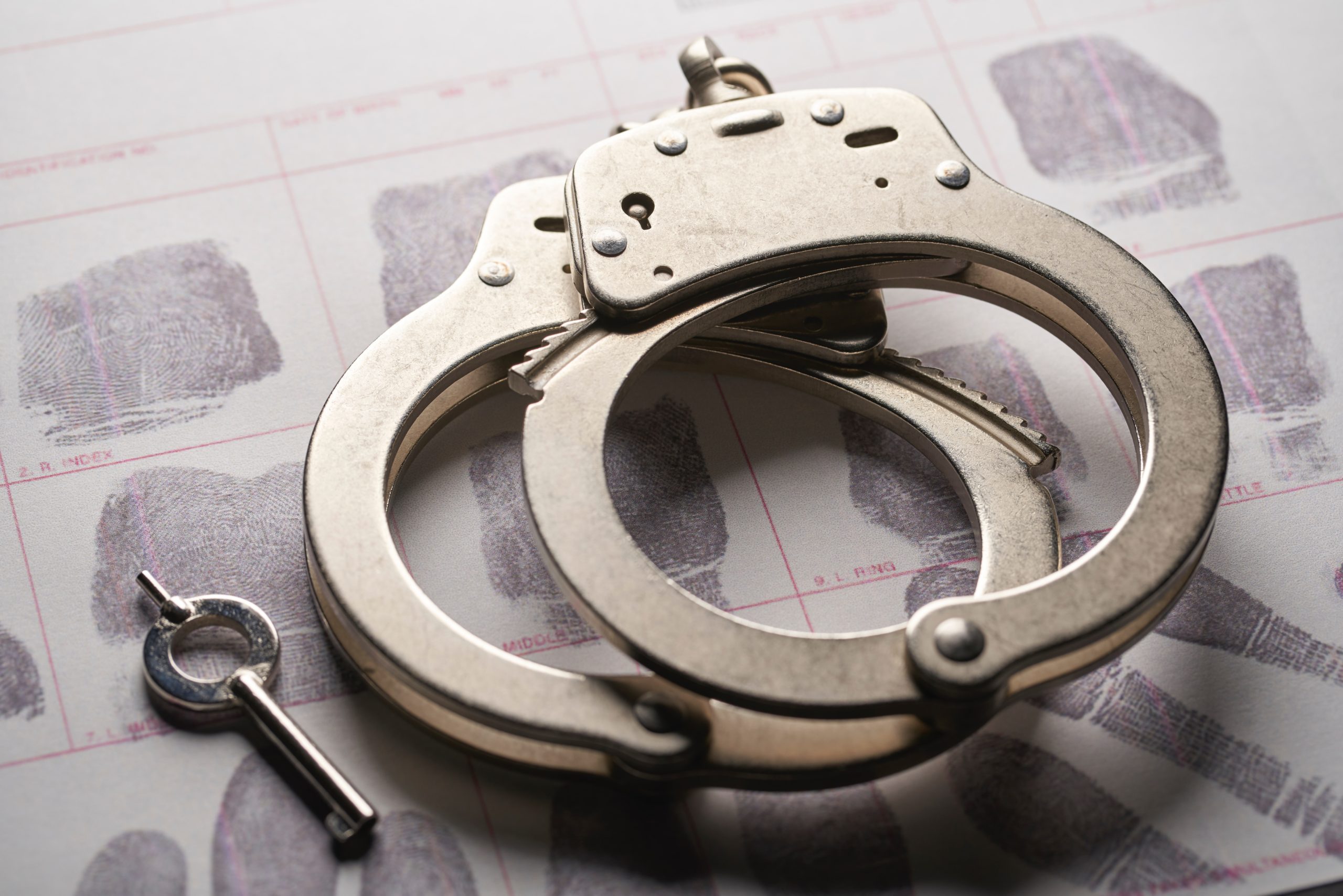Table of Contents
Correctional Nursing
Nurse G is a Corrections Nurse looking after some of Australia’s most violent and dangerous criminals. She must remain anonymous due to fear of being identifed by colleagues and her employer.
Correctional health nurses provide healthcare to those incarcerated in the criminal justice system in a variety of settings such as jails, prisons, remand centres and juvenile detention.
• It takes a special kind of nurse to look after a paedophile.
• It takes a special kind of nurse to look after a murderer.
• It takes a special kind of nurse to look after somebody charged with white collar crime.
• It takes a special kind of nurse to look after any kind of criminal.
It’s a good thing, we’re not meant to know what our prisoners have done, so that we don’t hold a bias towards them and put our own morals and ethics before our care. To be brutally honest, during your nursing career, you WILL end up looking after any of these people.
Some you will know (because they have a Police Officer attached to them), some you won’t have a clue. Not every criminal is an inmate. Look at a person. Any person. Can you tell what crimes they have or haven’t done? However, very often, you do end up learning what they have done. Correctional officers are often more than happy to let you know that the person you are caring for is considered the scum of society.
Mainstream or Protection, you will find Correctional officers WANT you to know what these people have done, because they want them punished even more. You may or may not have seen some of these people on the news, and you KNOW what they have done. After a while, some nurses, but not all, stop caring and start punishing.
They deny these patients simple pain relief. They deny active listening. They deny their patients very existence. They call them prisoner, not patient. They get a thrill out of the control they can wield. If we did that in Aged Care, it would be called Elder Abuse.
Is it fair? Is it just?
Do these people deserve to be treated differently?
What if that Prisoner was your Dad, who had made some bad choices?
There are many, MANY (most) prisoners who are out for gain. Medication is currency, that’s the honest truth. Lyrica, Tramadol, anti-psychotics are all worth a lot of ‘money’. Opioid medications are worth much more. These patients are desperate people, who have done desperate things, and are desperate to be recognised, by fair means or foul. They know how to survive, they know how to adapt and they know how to monopolise their situation.
They are all opportunists at the end of the day. We have had prisoners who keep journals of information they have sourced by just over hearing conversations. We have had prisoners who are dangerous around women. They fantasise about kidnapping, rape and torture, yet we walk into their cell, and we look after them if they need nursing care.
Of course we’re not stupid. We go by the correctional officer’s guidance. If they don’t think it’s safe for us to enter, they will say it. Sometimes they come off a bit gruff, but they are focussed on their charge, and don’t have the scope to look outside of that. So we stand back, and we wait until it is safe to do so. That can be really hard sometimes.
If the patient has slashed up or done something bizarre, our first urge is to help and heal … and we’re not allowed to.
Not yet.
Just wait.
It is VERY frustrating to wait until I can be kept safe as well. Because I am important too.
For more correctional/justice health related posts go HERE





